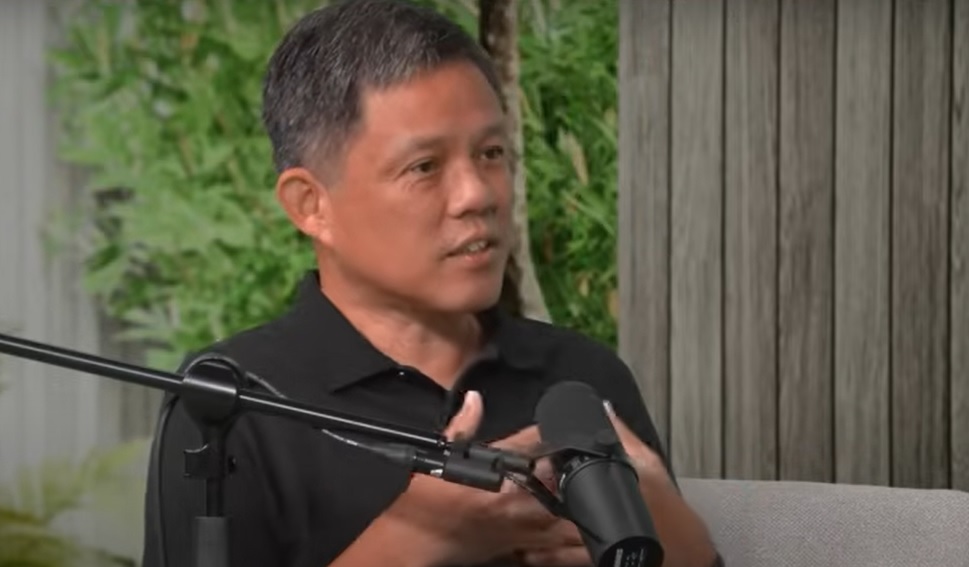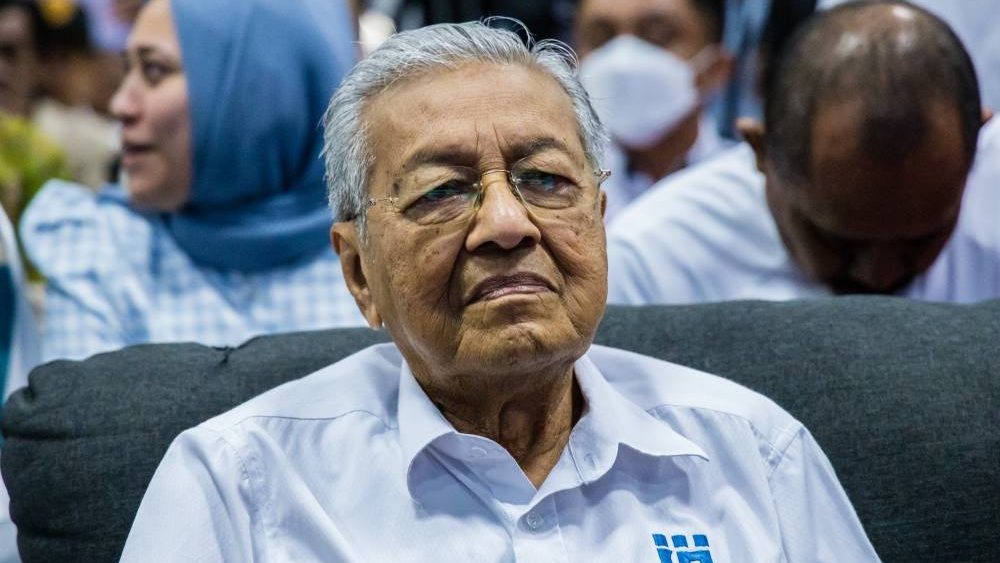SINGAPORE: The city-state’s Education Minister, Chan Chun Sing, has emphasized the nation’s more nuanced approach to device usage, in contrast to Australia’s recent law prohibiting social media access for children under 16.
While Australia passed the law in late 2024, Singapore should focus on teaching children how to use devices responsibly rather than banning them outright.
In a recent interview with The Straits Times, Mr Chan acknowledged the challenges of this approach but also pointed out its practicality.
Citing a local child development study, “Growing Up in Singapore Towards Healthy Outcomes”, he highlighted concerns over the cognitive impacts of excessive screen time.
Specifically, the research showed that children under two exposed to screen time faced detrimental effects, and excessive unsupervised video consumption could lead to a decline in IQ by the age of seven.
For teenagers, Mr Chan raised concerns over the addictive nature of video games and social media, which can negatively affect self-esteem and encourage unhealthy comparisons.
However, rather than restricting access, he advocates for teaching students how to use devices purposefully, drawing an analogy to fire:
“Fire can be both good and bad. If you don’t know how to use it, you burn everything down. Use it properly, and it can cook and generate electricity.”
Singapore has already implemented measures to manage school device use, such as banning mobile phones during lessons. However, Mr Chan emphasized that the responsibility doesn’t fall solely on schools; parents must also manage device use at home, leading by example.
“You cannot tell your child not to use the device while you’re playing with it at dinner,” he noted.
On the topic of personal learning devices in secondary schools, Mr Chan revealed that 75% of parents don’t alter the default settings on the devices provided.
Meanwhile, the remaining parents are divided—half prefer stricter controls, while the other half feel the measures are too extreme.
He acknowledged that there is no one-size-fits-all solution and stressed the importance of educating parents and children on appropriate device usage.
Australia’s recent law banning social media for children under 16, passed on Nov 28, was described by Mr Chan as “interesting to consider”, but he questioned its feasibility and effectiveness.
He noted that while countries with identification systems, like Singapore and India, could theoretically enforce such a ban, loopholes and workarounds exist, particularly when social media platforms have little incentive to comply with national laws.
Despite the challenges, Mr Chan believes that when used properly, devices can enhance classroom learning. “For high-ability students who exhibit self-control, these tools can amplify teaching outcomes,” he explained.
However, students with higher needs should be eased into device use gradually to ensure they can regulate their usage effectively. Singapore’s Ministry of Education has made it clear that primary school students will not be issued personal learning devices.
Instead, shared devices will be available in schools. In the meantime, Mr Chan emphasized the importance of teaching cyber wellness and cybersecurity at a young age.
“There’s never too early an age to learn,” he said, stressing the value of instilling good habits from the start.
Singapore’s balanced approach to device usage aims to empower students with the tools they need while teaching them to use them responsibly, acknowledging the complexity of the issue and the diverse needs of both students and parents.






